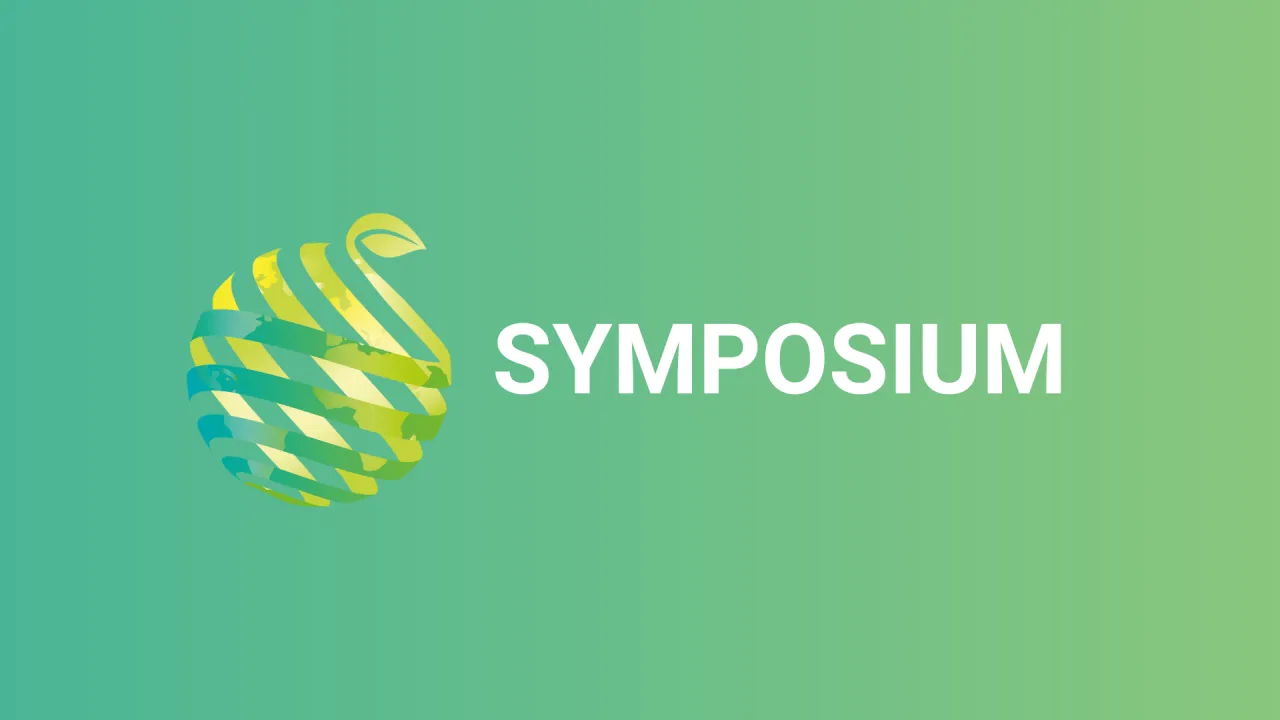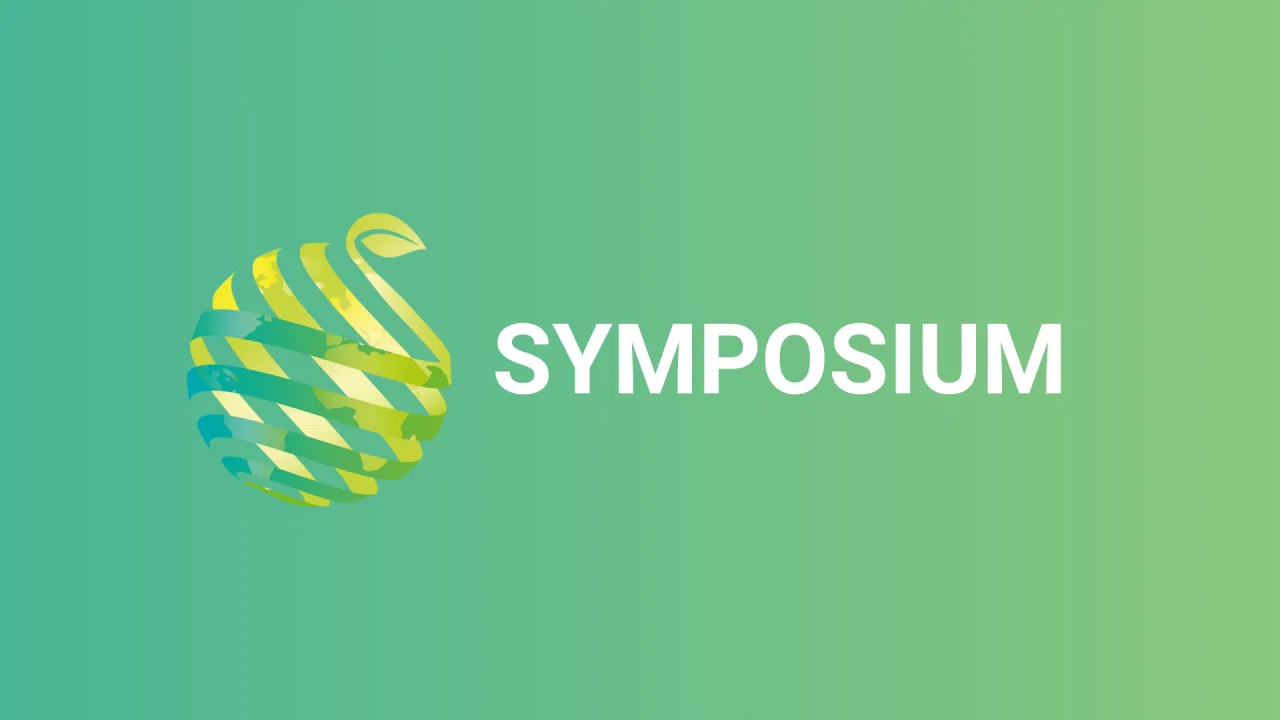

S11 International symposium on adaptation of horticultural plants to abiotic stresses
Information
SCIENTIFIC COMMITTEE
Michael Considine, Australia ; Hartmut Stuetzel, Germany ; José Quero-Garcia, France ; Rajeev Arora, USA ; Adnane El Yacoubi, Marocco ; Javier Rodrigo, Spain ; Hélène Gautier, France ; Majken Pagter, Denmark ; Roland Schafleitner, Taiwan ; Andrea Miyasaka de Almeida, Chile ; Dianyu Chen, China ; Gordana Đurić, Bosnia and Herzegovina ; Erika Varkonyi-Gasic, New Zeland ; Fabienne Micheli, France ; Nathalie Gonzalez, France ; Ersin Atay, Turkey ; Luca Correlli-Grappadelli, Italy
INTRODUCTION
Global climate change is challenging the sustainable production of horticultural plants, through the rising occurrence of drought and heat stress and the increasing autumn and winter temperatures. Individually or combined, these stresses negatively affect plants at different developmental stages, including flowering and maturation, leading to lowered yield and reduced quality of horticultural plants. To enhance the resilience and robustness of plants to changing climate, a better understanding of the mechanisms of horticultural plants response to single or multiple abiotic stresses is required. Presentations of efforts made in dissecting the Genotype x Environment interactions in order to identify important biochemical, physiological and morphological traits of plant resilient to single and combined abiotic stresses will be welcome in this Symposium. To this end, high-throughput deep phenotyping techniques used to screen different genotypes/cultivars in terms of their performance under varied growth environments are also expected. Since plant’s response to combined stresses cannot be extrapolated from studying each individual stress, a special focus will also be made on studies devoted to joint effects.
In this symposium, we will discuss the state-of-the-art of research in adaptation of horticultural plants to abiotic stresses. Topics include the physiological mechanisms of plant adaptation to constrained environments and their molecular, genetic and epigenetic bases (e.g., plant adaptability and plasticity, plant-environment interaction, adaptation to abiotic stress, role of microbiota in stress resilience, etc.). A special focus of the discussion will be on the processes occurring at the phyllosphere and rhizosphere and the underlying mechanisms that influence the growth, physiology and stress resilience of all horticultural plants.